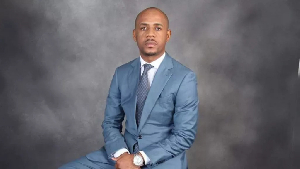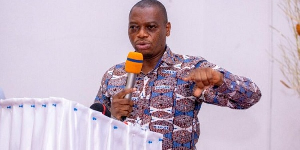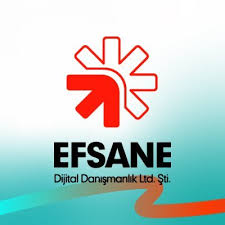
In recent weeks, Equatorial Guinea has been rocked by a scandal that has sent shockwaves through its political establishment. At the center of this controversy is Baltasar Ebang Engonga, a prominent figure in the country’s government. This blog post delves into the details of the scandal, its implications, and the broader context of politics in Equatorial Guinea.
The Scandal Unfolds
Reports emerged of a leaked video allegedly featuring Baltasar Ebang Engonga, the Third Vice Prime Minister in charge of Human Rights, in a compromising situation. The video’s circulation on social media platforms quickly turned what might have been a personal matter into a national talking point.
Who is Baltasar Ebang Engonga?
Baltasar Ebang Engonga has been a key player in Equatorial Guinea’s political scene for years. As the Third Vice Prime Minister responsible for Human Rights, his role in the government is significant. This position places him at the forefront of discussions about civil liberties and governance in the country.
The Implications of the Leak
The scandal has raised several important questions:
- Privacy and Politics: How does this incident reflect on the intersection of personal lives and public office in Equatorial Guinea?
- Human Rights Concerns: Given Engonga’s role in human rights, how might this scandal impact discussions about personal freedoms and rights in the country?
- Political Stability: What does this mean for the current government structure and potential power shifts?
- Media Freedom: The spread of the video on social media platforms highlights questions about information control and media freedom in Equatorial Guinea.
Equatorial Guinea’s Political Landscape
To understand the full impact of this scandal, it’s crucial to consider Equatorial Guinea’s political context:
- The country has been under the leadership of President Teodoro Obiang Nguema Mbasogo since 1979, making him one of the longest-serving heads of state in the world.
- Equatorial Guinea has faced criticism from international human rights organizations regarding issues of political freedom and civil liberties.
- The country’s economy is heavily dependent on its oil resources, which has shaped its political and social dynamics.
Public Reaction and Government Response
As news of the scandal spread, public reaction in Equatorial Guinea and internationally has been mixed. The government’s response to the situation will be closely watched, as it could provide insights into how such matters are handled at the highest levels of power in the country.
Looking Ahead
The Baltasar Ebang Engonga scandal is more than just a sensational news story. It opens up broader discussions about governance, privacy, and the role of social media in shaping political narratives in Equatorial Guinea. As the situation continues to unfold, it will be important to monitor its long-term effects on the country’s political landscape and international relations.
While the full ramifications of this scandal are yet to be seen, it has undoubtedly brought Equatorial Guinea into the global spotlight. As observers and analysts continue to dissect the implications, this incident serves as a reminder of the complex interplay between personal conduct, public office, and national politics in the digital age.







This man is a legend oo